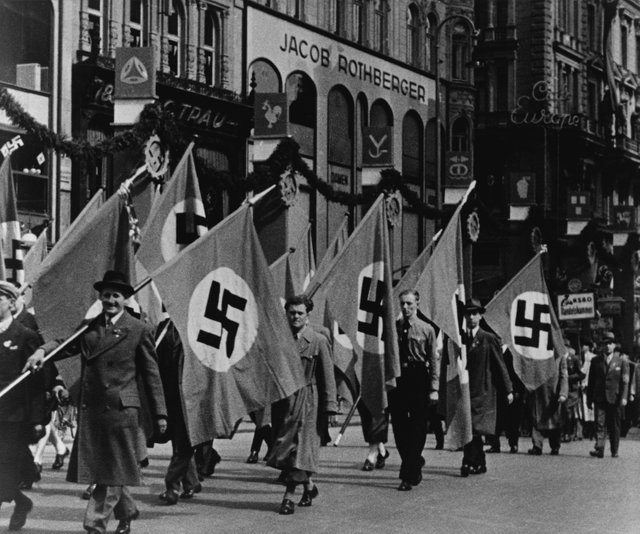book review of White Rose Black Forest by Eoin Dempsey
White Rose Black Forest is a story set in Nazi Germany during World War II. The story is about a young German woman, Franka Gerber, who stumbles upon a Nazi soldier in the Black Forest. In the Black Forest Mountains in Southwest Germany in 1943, she spots a Luftwaffe uniform with the rank of captain. She thinks he is one of them who has destroyed this country and taken everything from her. He is a Luftwaffe officer who has spoken English in his sleep. She hears the sound of footsteps coming her way and looks back to see a man on the sled. Time is running out because the man will be gone soon. He has some loose branches covering him while the tracks are visible. She has to stop breathing, although the noises are getting louder, and the man comes into view.

It was Herr Berkel Daniel from the Gestapo because nothing would give Herr Berkel more pleasure. He was a gruff man lacking charm, and he lived close by. He was a large man and over sixty years old. Could she trust him when she heard radio reports that the Allies and the Americans were uneducated mongrels and treacherous British wretches? She had not met an Allied soldier, while the newsreels over the years had put a Nazi's view of the Allies. The government controls her mistrust of the media. Franka wants to go into the kitchen. The house was freezing. Herr Graf, whoever he is, waits for her to set the fire.
She sprinkled water on him while she thought about the man found in the snow in a Luftwaffe uniform. She wanted to go to bed and fall asleep, but she couldn't yet. So she got dressed again. If he were exposed, the Gestapo could come, and he was too injured to hide in the cold. If she had to go back into town, he might be in the Luftwaffe, or he was British or American, then they would have him shot as a spy. Nazi ideology penetrates every relationship where one cannot be trusted, even with family.

In the 1920s, they were big-mouthed rabble-rousers adopting anti-Semitic propaganda, ridiculing the November criminals who had signed the armistice at the end of the Great War. Herr Duken was a Blockwart who got paid to snoop on his neighbors; his job was reporting harmful behavior. Berlin was the capital where Hitler lived, although he did not like the place because he worked as a penniless artist, sketching picture postcards for a living, where the National Socialist Revolution had begun with the unsuccessful Beer Hall Putsch in 1923.
In 1938, mobs were burning down synagogues and shopfronts of Jewish businesses, which were state-sponsored. Daniel Berkel was one of the leaders out on the streets that night. There was a worldwide depression that was getting worse, and Germany was struck the hardest. More than fifteen million people, which was 20 percent of the population, lived at the subsistence level. In 1933, there was another chancellor who did little to improve life for many as the depression worsened. Hitler was regarded as a bad joke; his National Socialist Party never attained more than 37 percent of the vote.
The President had named him Chancellor, while his political opponents had called him the "Little Austrian Corporal." He was a demagogic leader for his times. It was January 20, 1944, and Daniel Berkel was working at his desk. He spent most of his time shuffling papers and checking documents on former friends who held grudges against people out of jealousy or dissatisfaction with their lives.
The story is filled with suspense, leading to the plot set during World War II. The characters navigate extreme unpredictability while their connection grows. Dempsey's writing style brings the characters to life. It is a historical fiction novel focusing on World War II, and I would give it a nine out of ten.